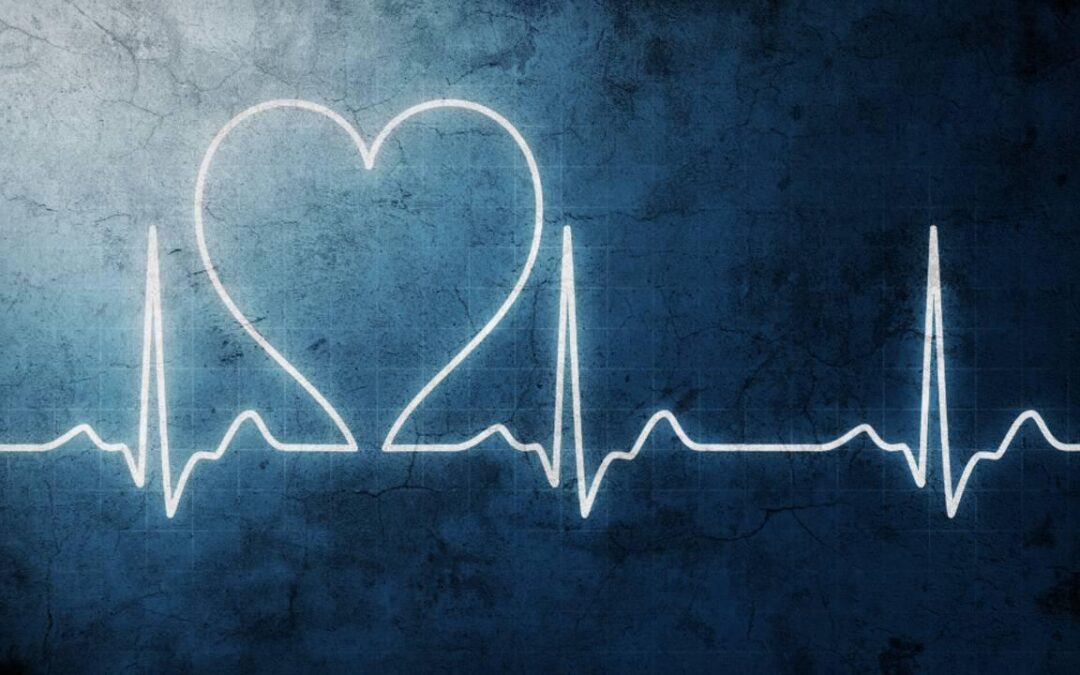Although the terms are often used interchangeably, “cardiac arrest” and “heart attack” are actually not the same. Because both can be deadly and require immediate action, it is important to understand the difference between cardiac arrest and heart attack.
The Heartbeat
With each heartbeat, the heart pumps blood throughout the body, sustaining the life and health of all the organs and tissues of the body, including the heart itself. A steady electrical signal that travels through the heart’s wall causes the pumping action.
Cardiac Arrest
Cardiac arrest occurs when the heart suddenly and completely stops its pumping action. The heart stops beating. Within seconds after cardiac arrest, the victim becomes unresponsive, stops breathing, and dies if the heart is not restarted with CPR.
Cardiac arrest is triggered by an electrical malfunction that causes an irregular heartbeat (called an arrhythmia). Think of cardiac arrest as an “electrical” problem with the heart.
Heart Attack
A heart attack occurs when the heart itself is deprived of oxygen. If the arteries that carry oxygen to the heart become blocked, the heart muscle may start to die. In fact, the medical name for heart attack is “myocardial infarction.” Myocardial means “heart muscle,” and infarction means “death.”
A heart artery typically becomes blocked when plaque inside the artery breaks loose and forms a blood clot that interrupts blood flow. When that happens, the part of the heart muscle supplied by the artery may start to die. Think of a heart attack as a “circulation” problem.
The severity of a heart attack may depend on the size and location of the heart muscle at risk. In most cases, the heart will not stop beating during a heart attack. Instead, most people will have one or more of these symptoms: chest or upper-body pain, shortness of breath, cold sweats, nausea, and vomiting. Women may also have back or jaw pain. Before a heart attack, symptoms may be sudden, or they may develop gradually over hours or even days or weeks.
What To Do
Both cardiac arrest and heart attack are emergencies.
With cardiac arrest, call 911 immediately and start CPR to the extent possible. With a heart attack, call 911 immediately. In either case, an ambulance will start treatment upon arrival. In either case, minutes are critical.
Importantly, if you’re experiencing symptoms of a heart attack, call 911 or go to the ER right away, even if the symptoms are somewhat mild or come and go. Remember: a heart attack need not be intense or sudden. It may develop gradually.
The longer a person goes without treatment to both cardiac arrest and heart attack, the greater the potential damage to the heart and to the person.
The Bell Law Firm represents clients who have suffered death or catastrophic injury in medical malpractice and other personal injury cases.

